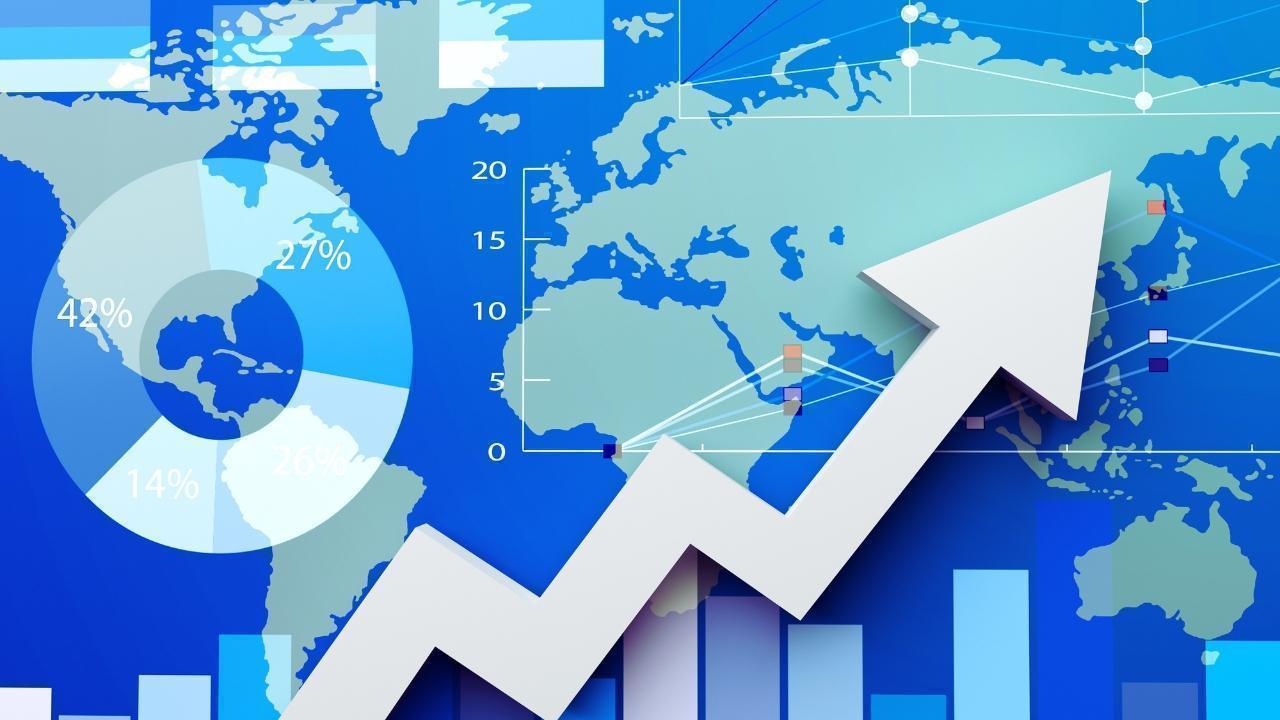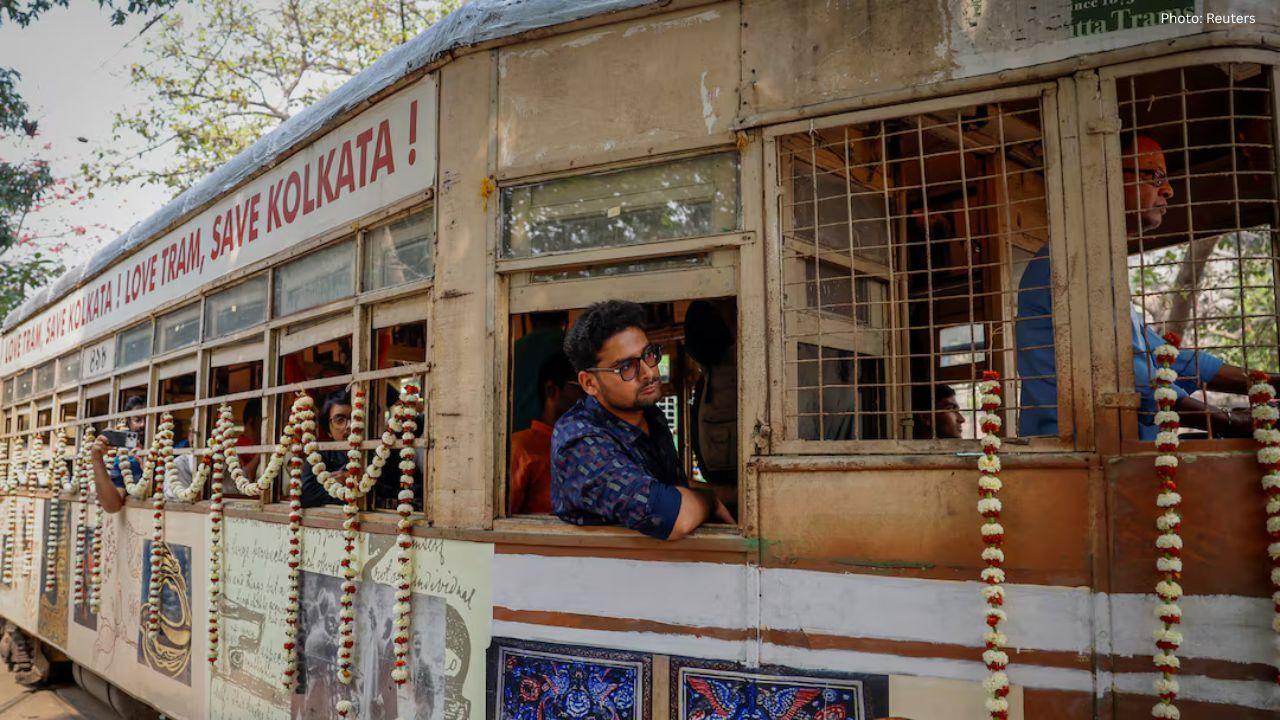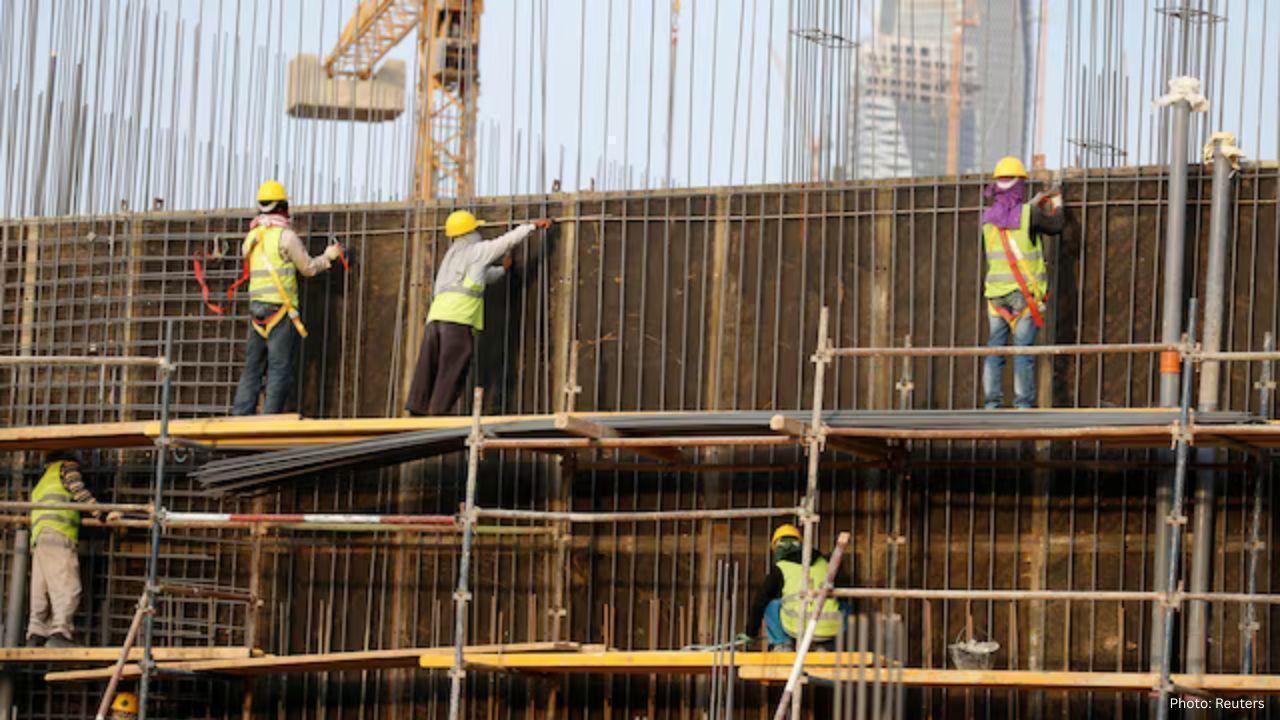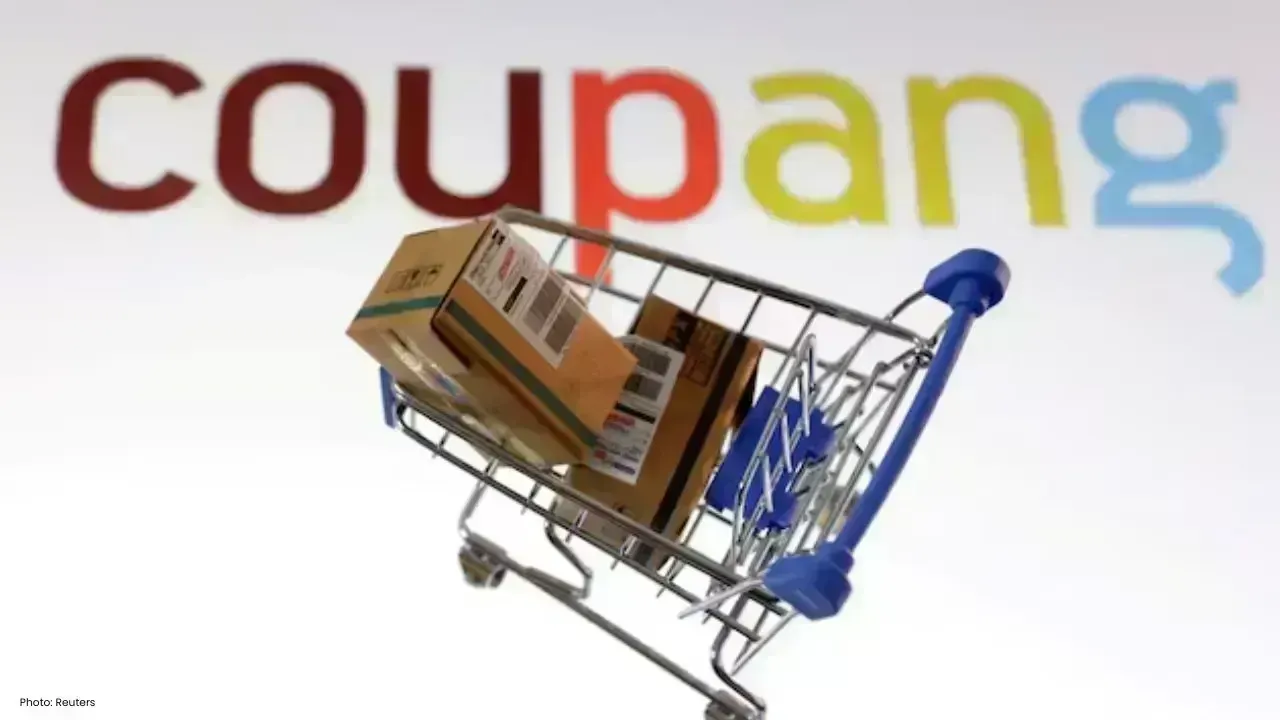You have not yet added any article to your bookmarks!

Join 10k+ people to get notified about new posts, news and tips.
Do not worry we don't spam!

Post by : Anis Farhan
In the last decade, Southeast Asia has quietly transformed into one of the most dynamic startup hubs in the world. Countries like Singapore, Indonesia, Vietnam, Malaysia, and Thailand are no longer seen merely as emerging economies but as innovation powerhouses producing startups that challenge global competitors. From fintech giants to e-commerce platforms and green tech ventures, the region is carving a prominent place in the global economic map.
Unlike the early 2000s, when most global investment capital was concentrated in Silicon Valley, Beijing, or London, today’s investors are looking at Southeast Asia with serious intent. This interest is not accidental. A booming young population, rising digital adoption, and governments that increasingly support entrepreneurship have created fertile ground for startups to thrive. As a result, companies from the region are no longer limited to serving local audiences—they are expanding globally, competing with long-established players, and, in some cases, redefining industries.
The startup ecosystem in Southeast Asia has been fueled by three key drivers: demographics, technology, and capital. The region is home to over 650 million people, most of them under the age of 35. This young, tech-savvy generation is not only open to digital solutions but also drives demand for new business models.
Technology adoption has also played a central role. Mobile-first societies like Indonesia and the Philippines leapfrogged desktop adoption and went straight into mobile internet usage. This shift allowed startups to scale rapidly with apps and digital platforms that reach millions of users almost instantly.
Finally, capital is flowing in at record levels. Global venture capital firms, sovereign wealth funds, and private equity investors are placing billions into Southeast Asian startups. According to recent estimates, the region has produced dozens of unicorns, with more expected in the coming years.
If there is one sector where Southeast Asian startups have shown global strength, it is fintech. With millions of people previously excluded from traditional banking, fintech platforms emerged to bridge the gap. Mobile wallets, digital lending apps, and payment gateways are now central to the financial lives of millions across the region.
Startups like these are not stopping at national borders. Many are expanding to Africa, South Asia, and the Middle East, where similar demographics and financial inclusion challenges exist. Their innovative models, designed in markets with complex challenges, have given them the adaptability needed to succeed in other developing and developed economies alike.
The COVID-19 pandemic accelerated digital adoption worldwide, but nowhere was this transformation as pronounced as in Southeast Asia. Startups in e-commerce, logistics, and last-mile delivery grew exponentially. Platforms catered to both urban consumers and rural populations, bringing millions of small businesses online.
Beyond retail, Southeast Asian e-commerce platforms are now venturing into cross-border trade, supplying products to international markets. Some are positioning themselves as global competitors to established giants, changing the perception of Southeast Asia from a consumer market to a global supplier.
Another area where Southeast Asian startups are gaining international attention is sustainability and green technology. With the region facing climate-related challenges such as rising sea levels, deforestation, and urban pollution, entrepreneurs are building solutions that are globally relevant.
From renewable energy startups to waste management platforms and sustainable agriculture ventures, Southeast Asia is not only addressing its own challenges but also exporting scalable models worldwide. These startups are attracting international investors who see them as crucial contributors to the global climate solution.
Despite the success stories, Southeast Asian startups face challenges. Infrastructure gaps, regulatory differences across countries, and limited access to skilled talent remain barriers to scaling. Additionally, global economic uncertainties and fluctuating investment cycles can impact the momentum of fundraising.
Nevertheless, the resilience shown by entrepreneurs in the region demonstrates a strong ability to adapt. In many cases, startups have thrived precisely because they are used to navigating uncertainty, regulatory hurdles, and fragmented markets.
International recognition of Southeast Asian startups is growing rapidly. Major global conferences now feature entrepreneurs from Jakarta, Ho Chi Minh City, or Kuala Lumpur alongside peers from New York and London. Multinational corporations are partnering with these startups, either through acquisitions or collaborations, to integrate their innovative solutions into global supply chains.
Furthermore, governments in the region are increasingly supportive of entrepreneurship. Initiatives that encourage innovation, provide tax incentives, and strengthen digital infrastructure are creating an environment where startups can thrive and scale globally.
The trajectory is clear—Southeast Asian startups are no longer local players. They are becoming global forces that shape industries ranging from finance and logistics to sustainability and education. The next decade is likely to see even greater integration of the region’s startups into global economic systems.
With the world economy increasingly interconnected, Southeast Asia’s innovations are set to play a vital role in shaping the future. Whether it is through financial inclusion, sustainable solutions, or digital commerce, startups from this region are poised to make lasting global contributions.
This article is based on current research and analysis of startup ecosystems across Southeast Asia. It is intended for informational purposes only and does not provide financial or investment advi










Two Telangana Women Die in California Road Accident, Families Seek Help
Two Telangana women pursuing Master's in the US died in a tragic California crash. Families urge gov

Ranveer Singh’s Dhurandhar Roars Past ₹1100 Cr Worldwide
Ranveer Singh’s Dhurandhar stays unstoppable in week four, crossing ₹1100 crore globally and overtak

Asian Stocks Surge as Dollar Dips, Silver Hits $80 Amid Rate Cut Hopes
Asian markets rally to six-week highs while silver breaks $80, driven by Federal Reserve rate cut ex

Balendra Shah Joins Rastriya Swatantra Party Ahead of Nepal Polls
Kathmandu Mayor Balendra Shah allies with Rastriya Swatantra Party, led by Rabi Lamichhane, to chall

Australia launches review of law enforcement after Bondi shooting
Australia begins an independent review of law enforcement actions and laws after the Bondi mass shoo

Akshaye Khanna exits Drishyam 3; Jaideep Ahlawat steps in fast
Producer confirms Jaideep Ahlawat replaces Akshaye Khanna in Drishyam 3 after actor’s sudden exit ov